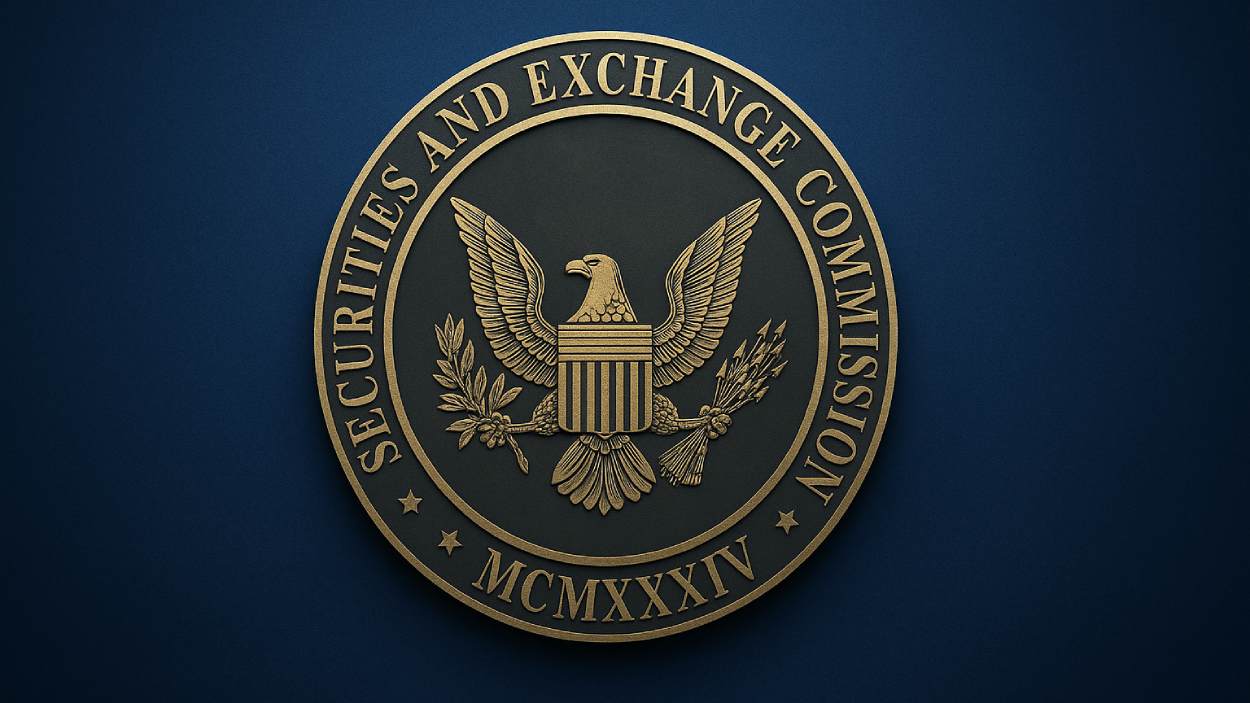The U.S. Securities and Exchange Commission has excluded crypto-assets from its 2026 examination priorities, shifting its attention to cybersecurity, artificial intelligence, and fiduciary obligations.
Quick Summary – TLDR:
- Crypto-assets are no longer listed as a priority in the SEC’s 2026 examination agenda.
- The focus now shifts to cybersecurity, AI, and compliance with fiduciary standards.
- The change is seen as part of a regulatory shift under the Trump administration.
- Despite being left out, crypto firms may still face scrutiny under broader frameworks.
What Happened?
The SEC’s Division of Examinations released its official examination priorities for fiscal year 2026. Notably missing from the document is any direct mention of crypto-assets, including commonly referenced terms like Bitcoin, Ethereum, or even “digital assets.” This marks a major departure from past years when the sector was under intense scrutiny.
🚨 BREAKING
— 0xNobler (@CryptoNobler) November 18, 2025
SEC JUST DROPPED CRYPTO FROM ITS 2026 PRIORITIES.
THE NEW PLAN NO LONGER TREATS IT AS A RISK AREA.
BULLISH NEWS FOR BITCOIN AND CRYPTO! pic.twitter.com/q4LAm8C8qS
A Regulatory Shift Away from Crypto
For the first time in years, the SEC has chosen not to highlight cryptocurrency in its list of risk-focused areas. In previous cycles, the agency kept a close eye on digital asset platforms, exchanges, and even crypto ETFs. Under former Chair Gary Gensler, crypto oversight had become a central topic, especially around unregistered offerings and investor protections.
But this year’s document indicates a different approach. The SEC will instead focus on:
- Fiduciary duties of investment advisers and broker-dealers.
- Cybersecurity practices, especially related to ransomware and system resilience.
- Emerging technologies, notably artificial intelligence and automated investment tools.
- Data protection and how firms handle client information.
Although crypto is absent from the list, the SEC clarified that this does not mean digital assets are off the radar entirely. The document notes that the list is not exhaustive, which means crypto-related firms could still be examined depending on their individual risk profiles.
Pro-Crypto Climate Under Trump
This change in direction reflects a broader political and regulatory environment. Under President Donald Trump’s administration, there has been a clear move toward less aggressive crypto regulation. Trump has openly supported innovation in the digital asset space, encouraging growth rather than restriction.
The Trump family has also made direct forays into the crypto world, including launching a crypto trading platform. This kind of involvement has shaped the administration’s favorable stance on digital assets, creating what many see as a friendlier climate for crypto firms.
By dropping crypto from its core priorities, the SEC’s Division of Examinations may be signaling that the sector is now being treated more like traditional finance, rather than an outlier requiring exceptional oversight. That’s a notable shift for a regulatory body that once saw crypto as one of the most pressing areas of financial risk.
Continued Monitoring Behind the Scenes
Even with its omission from the formal priorities list, crypto is far from being ignored. The SEC has stated it will continue to monitor digital assets using other enforcement or oversight mechanisms. Firms operating in this space should not interpret this shift as a free pass.
In fact, this more integrated approach could mean that digital asset firms are now expected to comply with traditional financial standards, just like any other firm. That would represent a form of regulatory normalization rather than deregulation.
SQ Magazine Takeaway
Honestly, this feels like a moment of change. I see it as the SEC saying, “We’re not giving crypto special treatment anymore.” And that’s big. Whether you’re a fan of crypto or not, being left off the priority list means it’s now just another part of finance. That could mean fewer crackdowns, or it could mean tougher expectations across the board. Either way, the days of crypto being singled out may be over.


































































